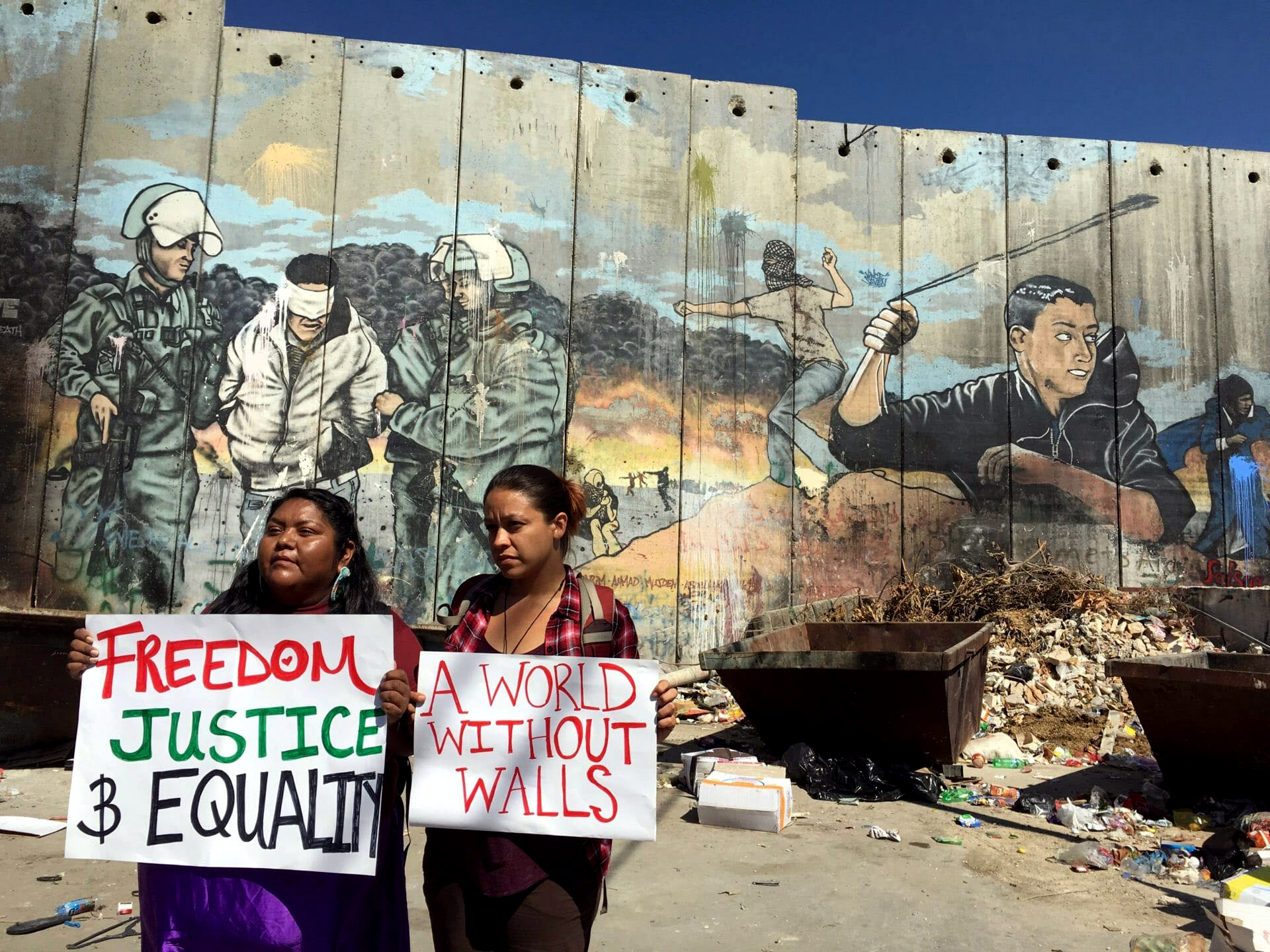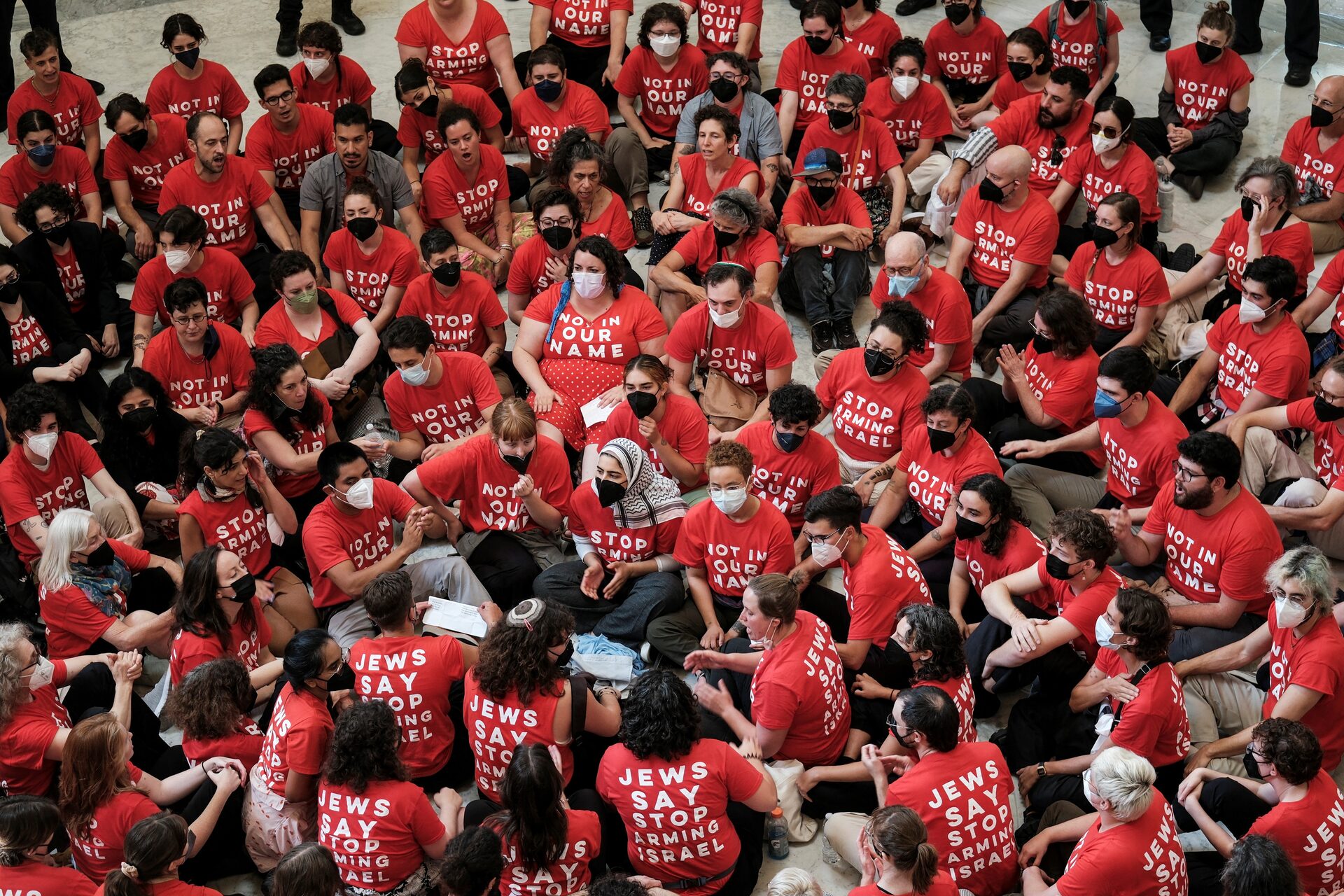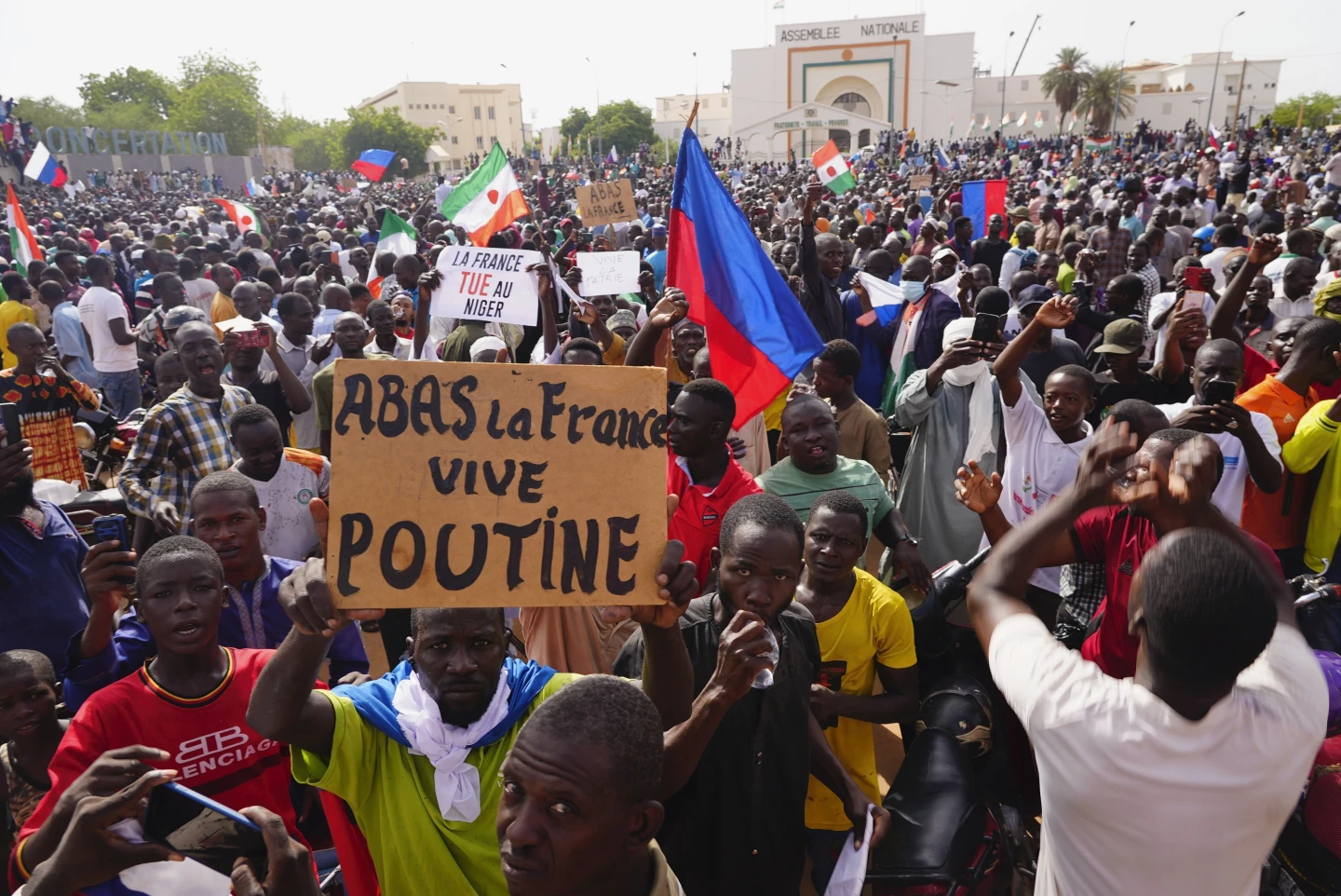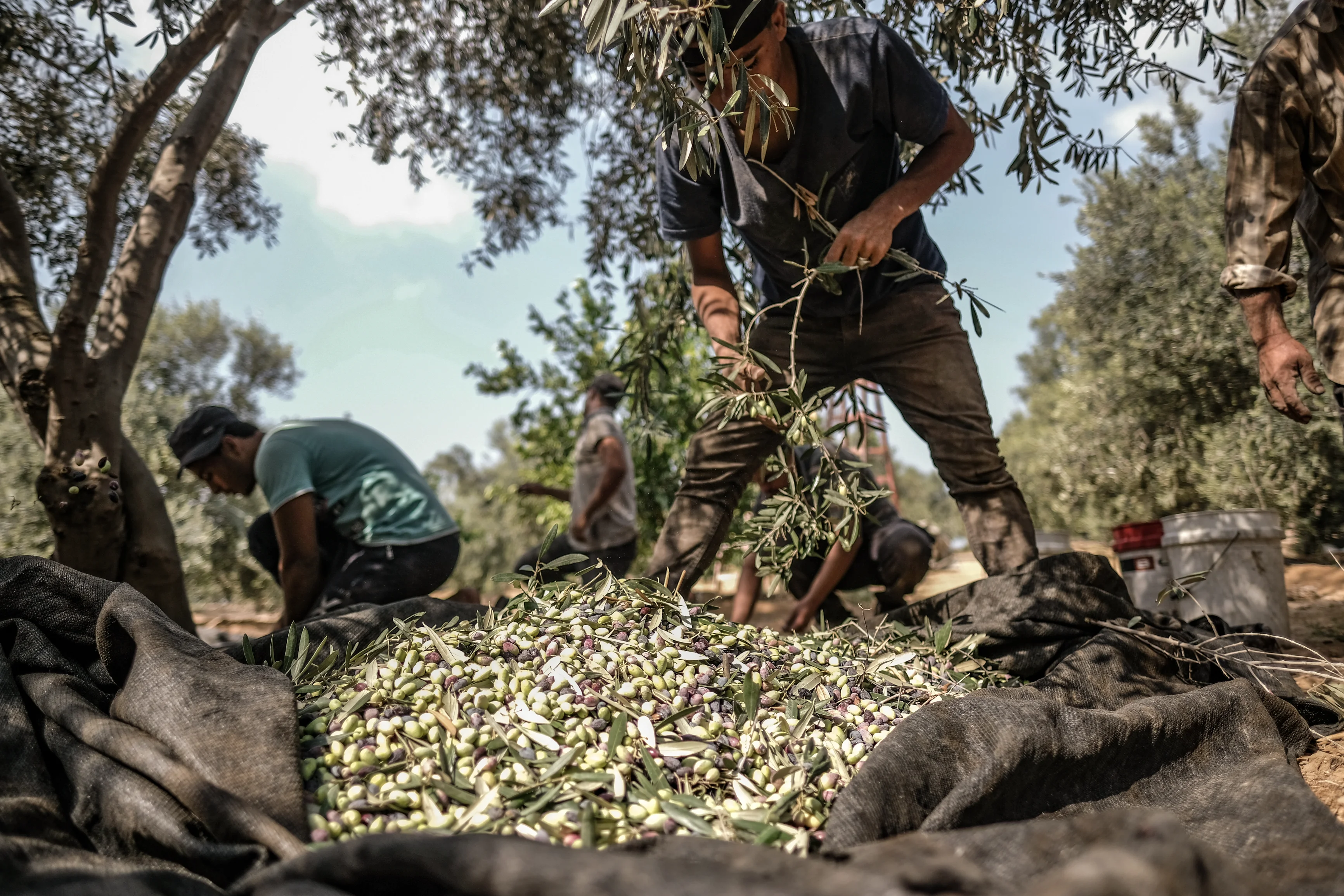There Are No Graduations in Gaza
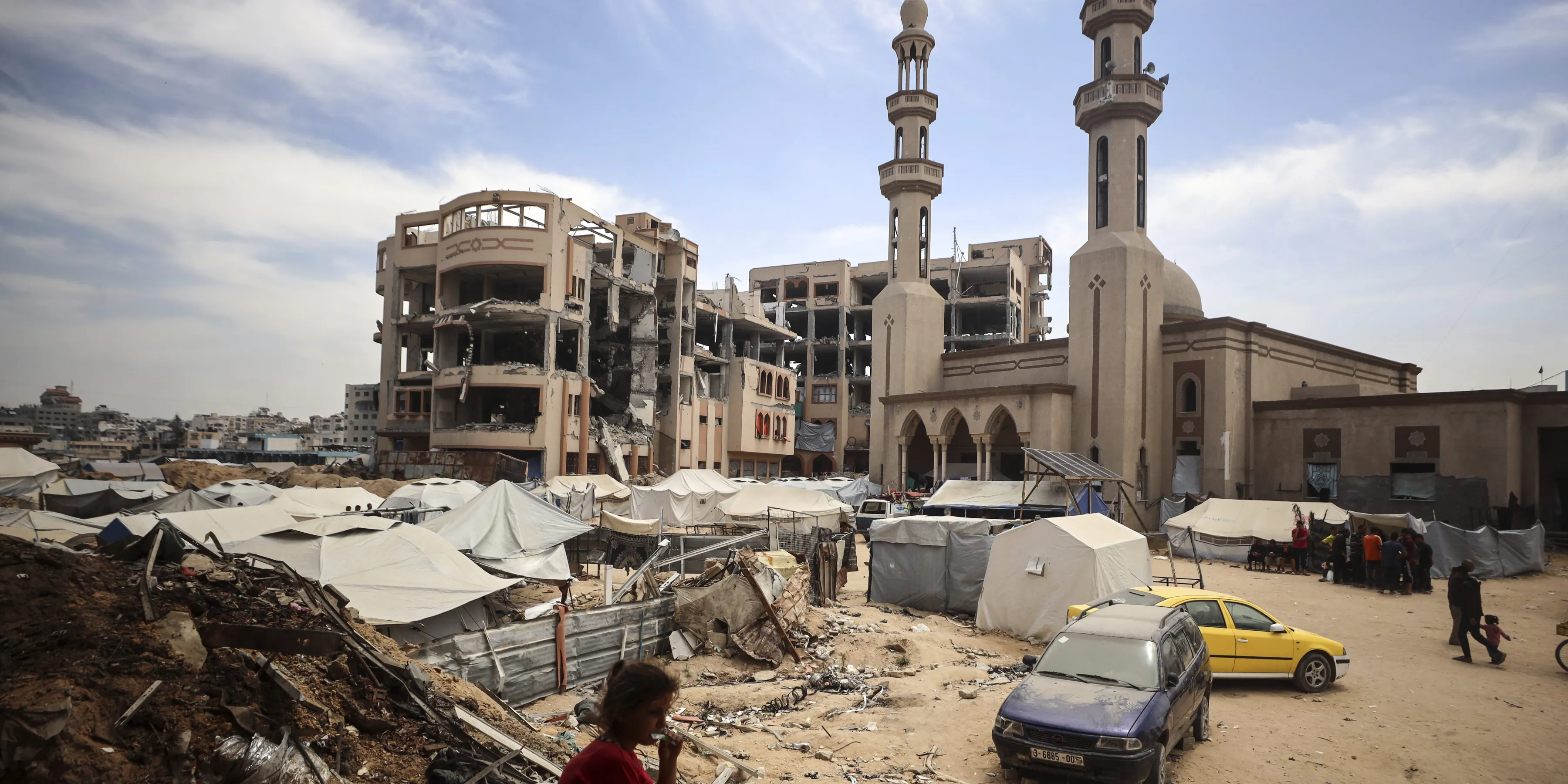
The spectacle you’re about to witness is 383 years old. It cost hundreds of thousands of dollars, and with over 32,000 attendees, it is grand in every sense. The sheriffs of Middlesex and Suffolk Counties will enter the Yard with swords on their belts; the clergy of Massachusetts’ oldest churches will arrive wearing their finest robes. President Alan M. Garber ’76 will sit on a rickety throne nearly 500 years old.
We are here to celebrate Harvard University and the “transformative” liberal arts education it offers. Speakers will almost certainly highlight the challenges higher education faces under the Trump administration, and students will rally behind Garber. However, as we sing the praises of higher education and money from sympathetic donors flows into the University’s coffers, we cannot forget: Ivy League schools are not the ones being bombed.
There will be no commencements in Gaza this year, just as there were none last year. All of its universities have been completely or partially destroyed by Israeli airstrikes, as have 85 percent of its primary and secondary schools, including those in so-called safe zones. Over 90,000 students have lost access to higher education. Sixty percent of bookshops and libraries have been destroyed. Israel has killed at least 5,200 students, 239 educators, and 94 academics — and its violence is only escalating. Scores of students are being held in Israeli detention centers without charge. The unimaginable scale of this scholasticide — the eradication of the means through which Palestinian knowledge, heritage, and culture are transmitted — is a key feature of Israel’s genocide in Gaza.
Scholarship without Palestine is worthless. A program on health and human rights that ignores the worst human rights violations of our time is bankrupt. An initiative on religion and public life that fails to address the moral implications of the genocide facilitated by the United States is meaningless. A Middle Eastern studies center that does not study the Palestinian struggle undermines its very purpose. And yet, this is the institution that Harvard has chosen to be.
This semester, the University fired the leaders of the Center for Middle Eastern Studies over its programming on Palestine; suspended the Harvard Divinity School’s Religion, Conflict, and Peace Initiative; and canceled its partnership with Birzeit University in the West Bank. How can the University parade its commitment to academic freedom while it silences the study of Palestine and profits off of the systematic destruction of Palestinian educational institutions?
Despite it all, Gaza’s scholars persevere. Students in refugee camps take their classes in tents. Such makeshift schools do not have the comprehensive educational infrastructure that we at Harvard are accustomed to. They do not have commencement ceremonies. Nevertheless, educators in Gaza continue to make do teaching the basics as Israel’s genocide rages on.
These tents are a testament to the steadfastness of the Palestinian people, who refuse to let Israel strip them of the right to learn. As one teacher at a tent school said, “rebuilding Gaza will only happen through knowledge and learning.” We should be proud of the students receiving their degrees today; at the same time, we cannot forget the students not receiving degrees. A Harvard diploma is a powerful thing, conferring status upon its bearer. It is also something more: a symbolic ticket granting entry to the community of the learned. But for the education it represents to mean anything, this ticket cannot come from an institution willing to destroy the study of Palestine for political expedience. Our education must be inclusive of Palestine. It must stand in solidarity with the students of Gaza. It must help rebuild.
